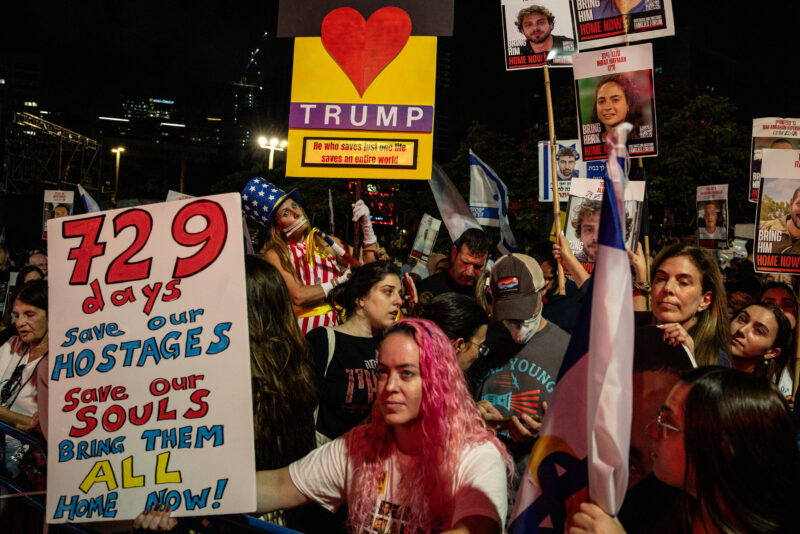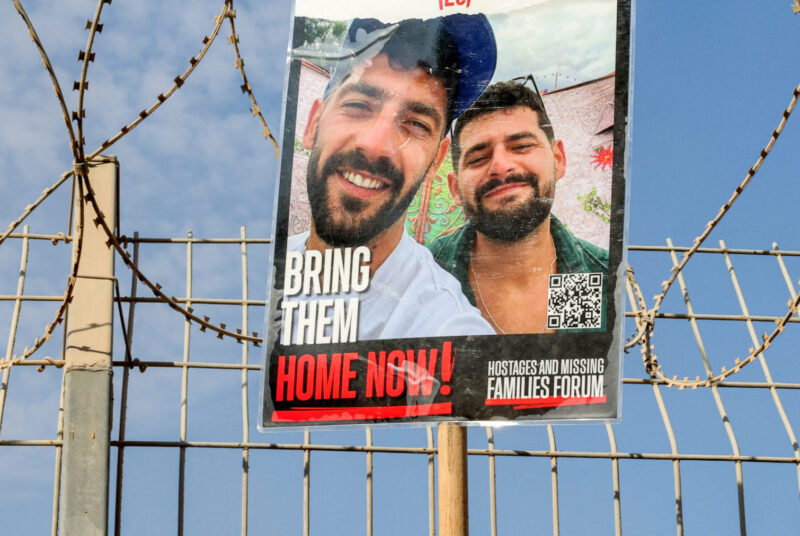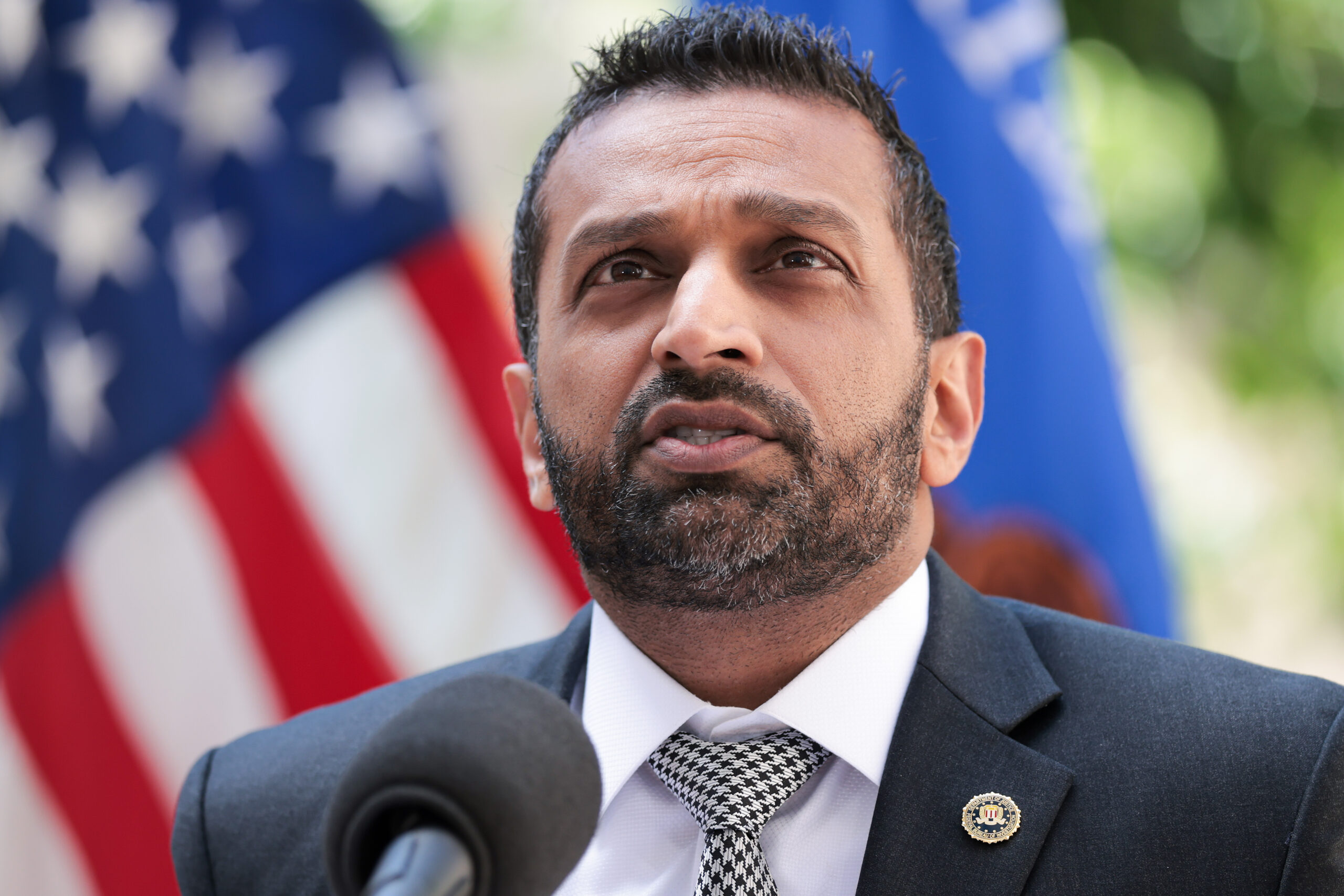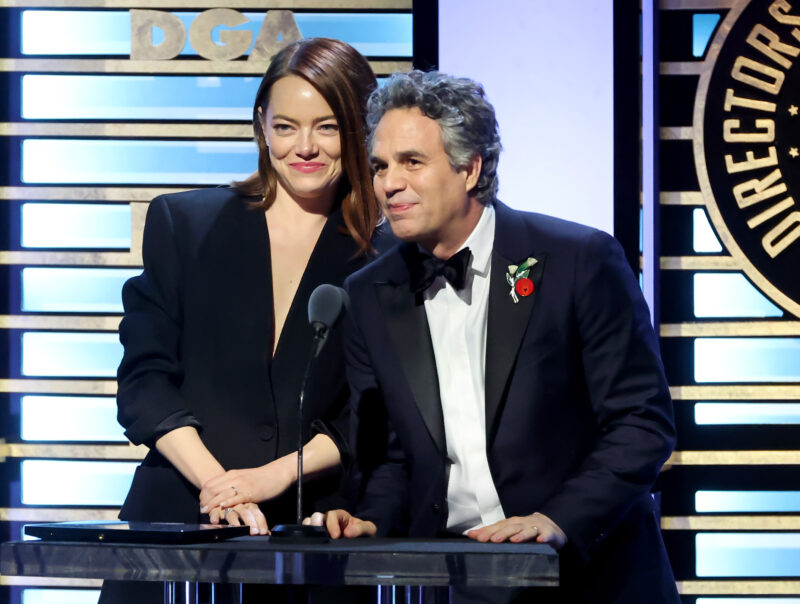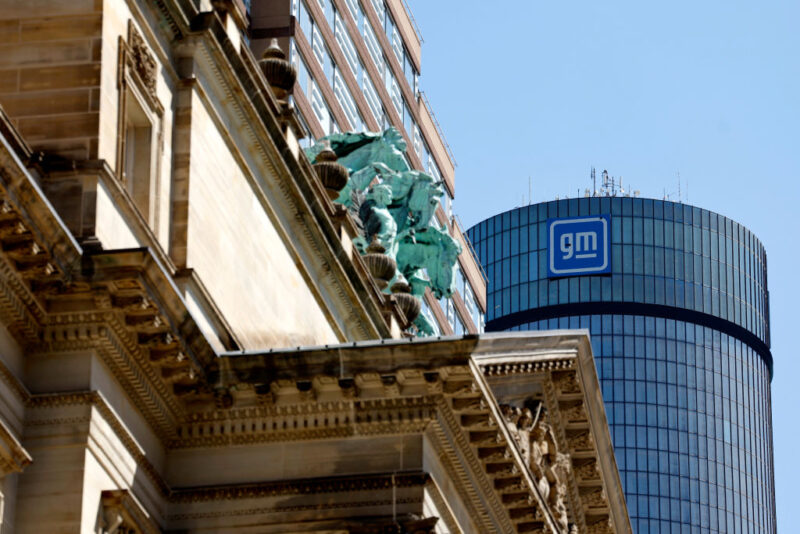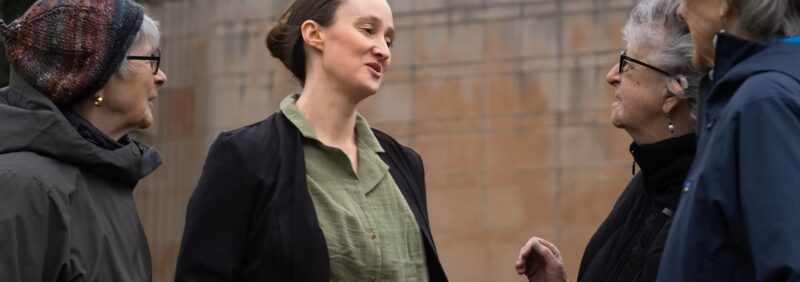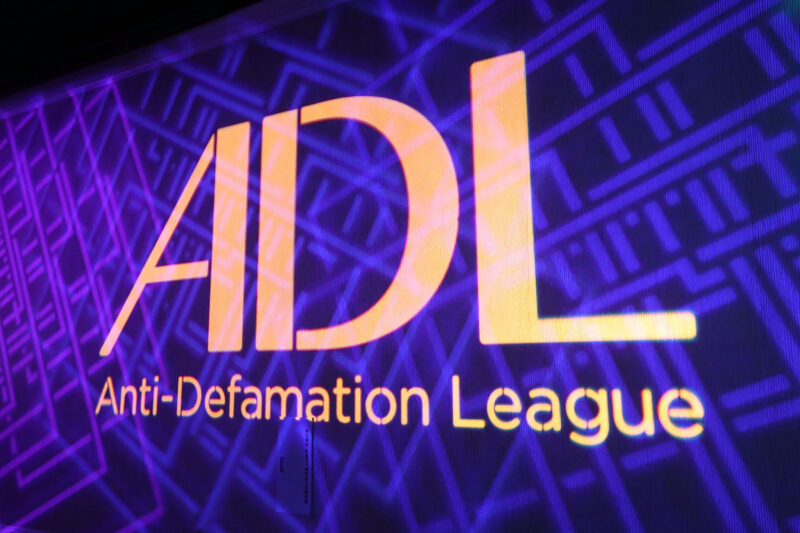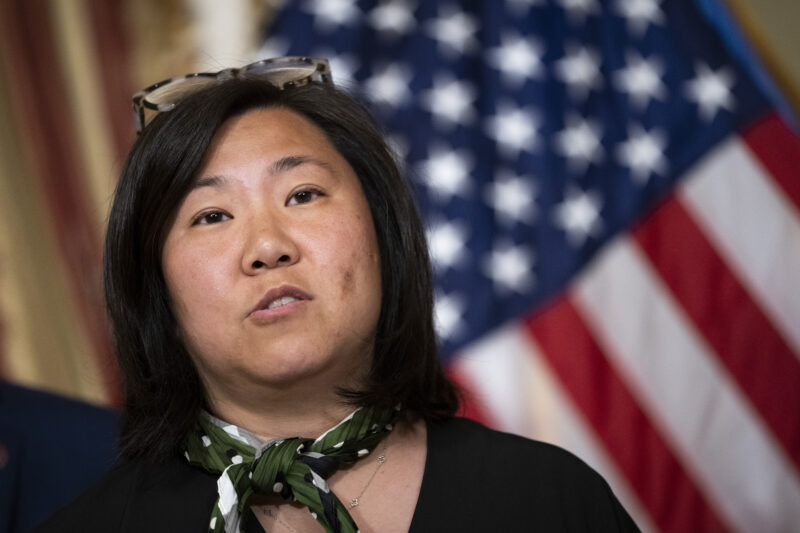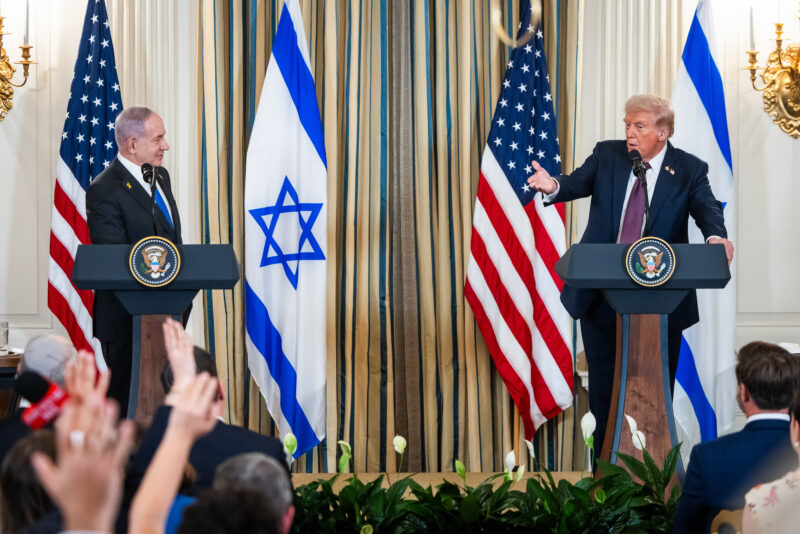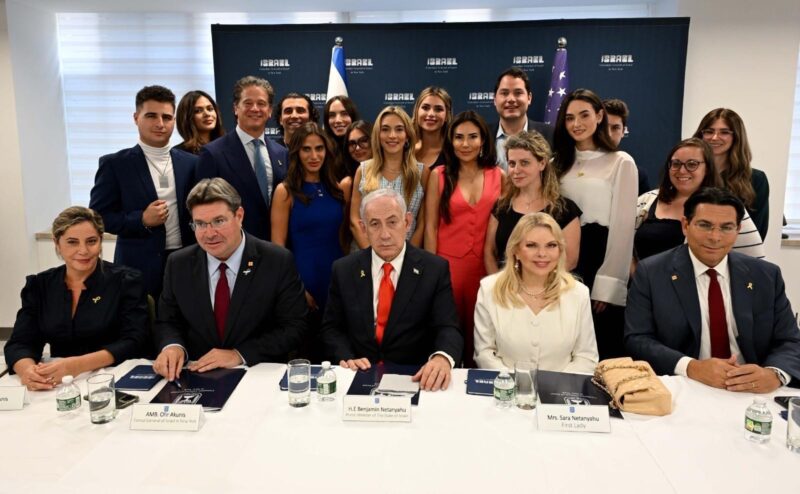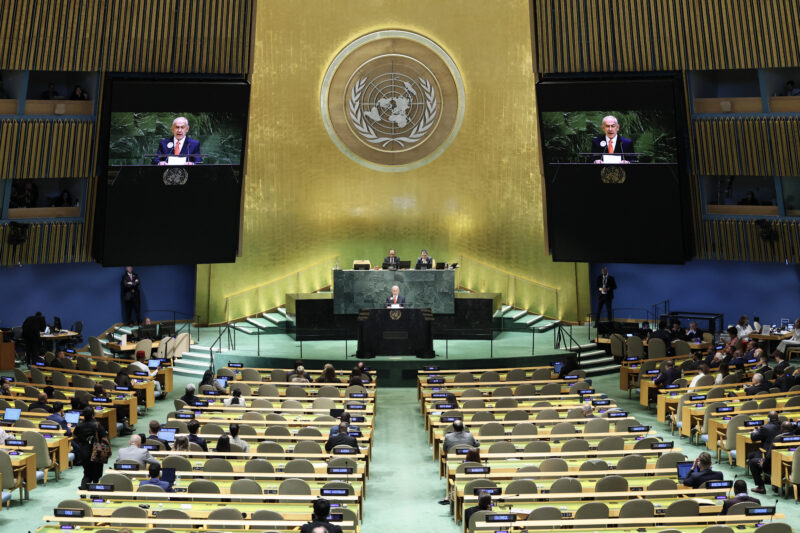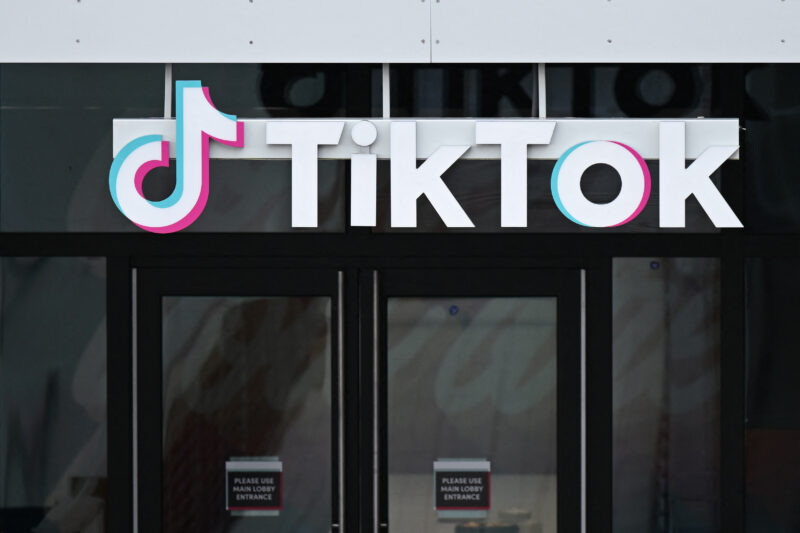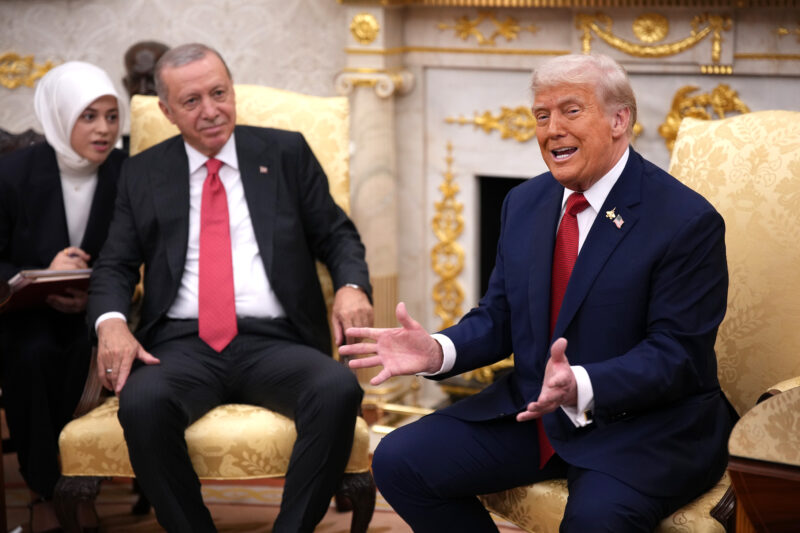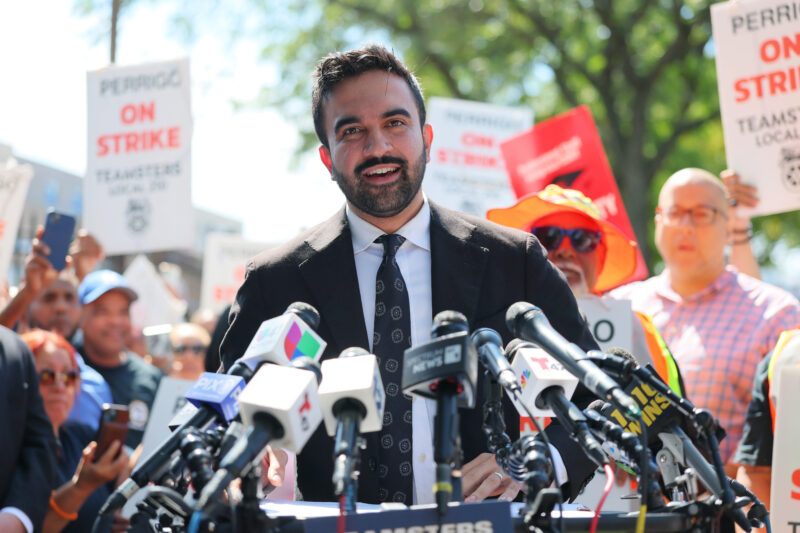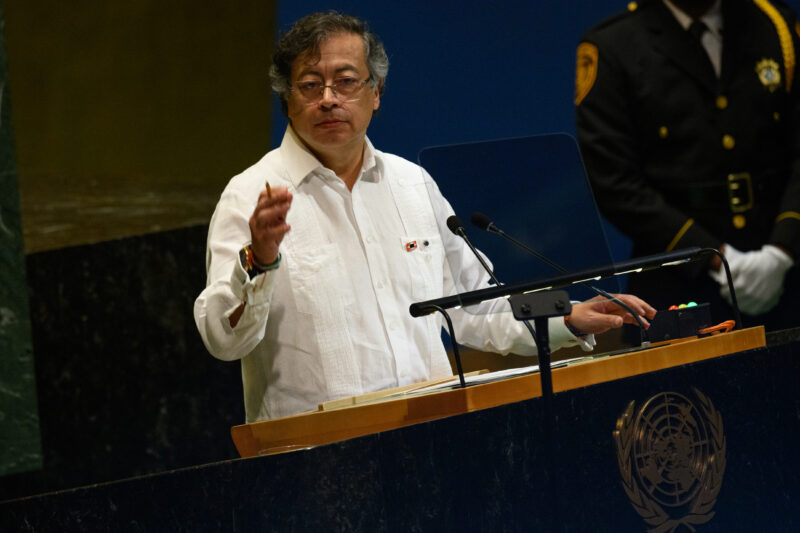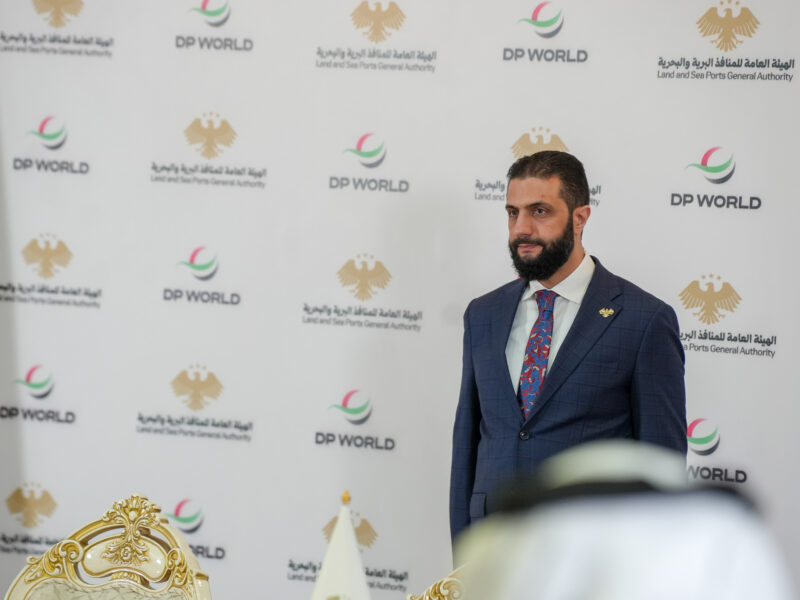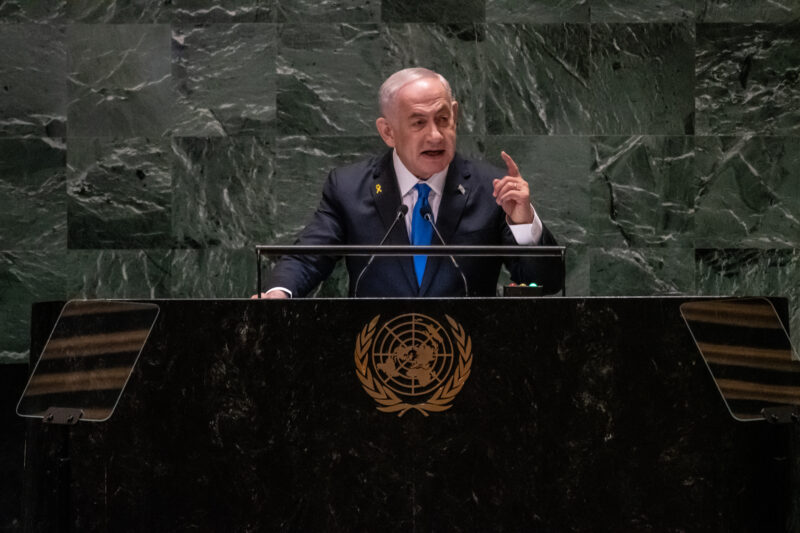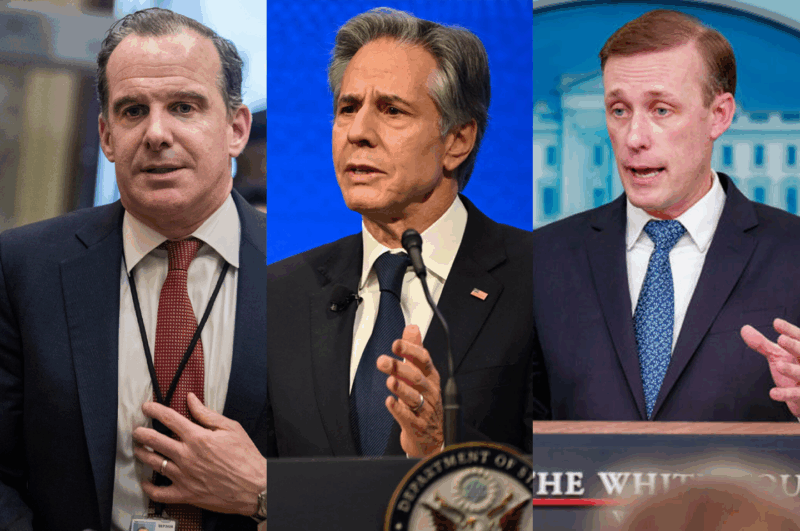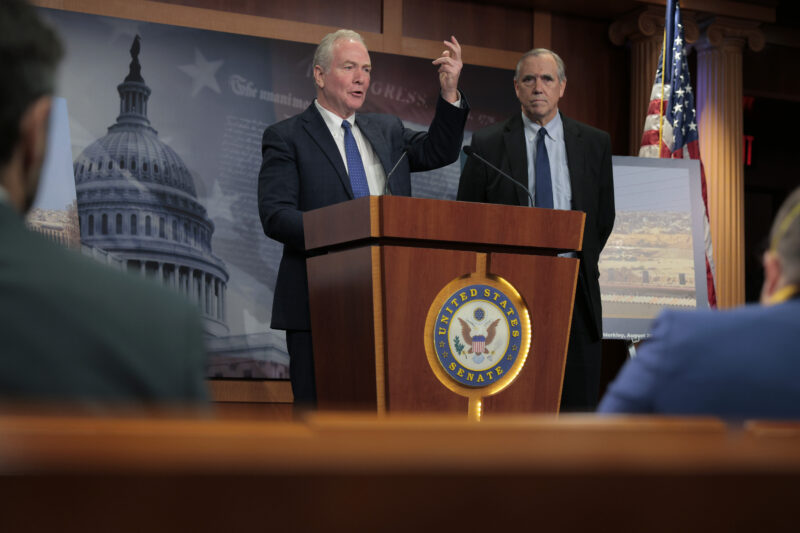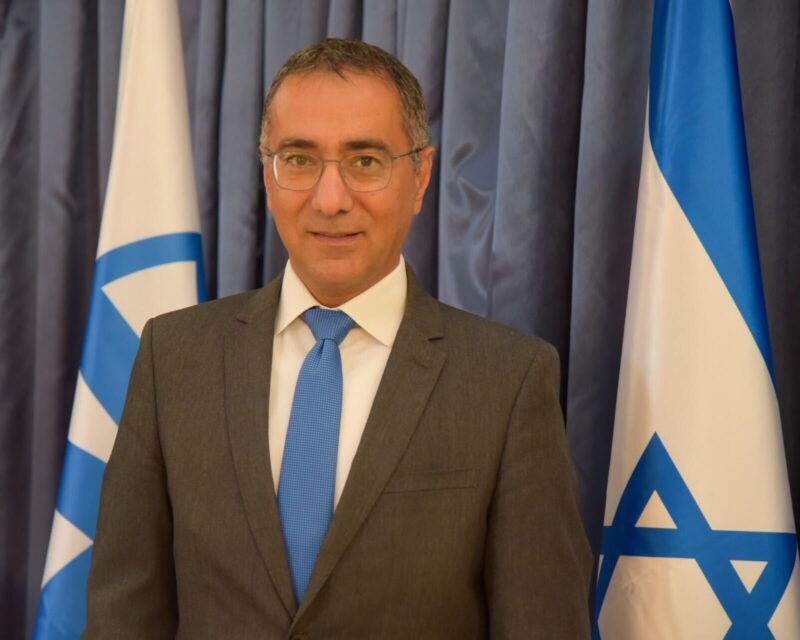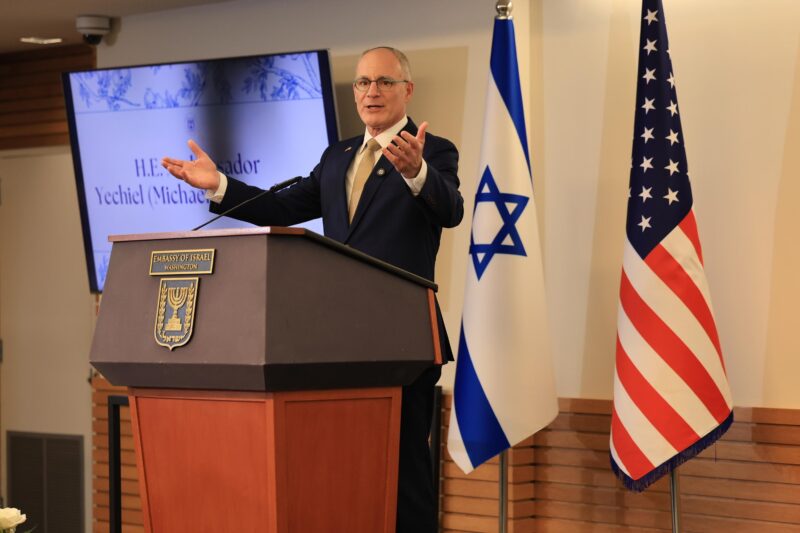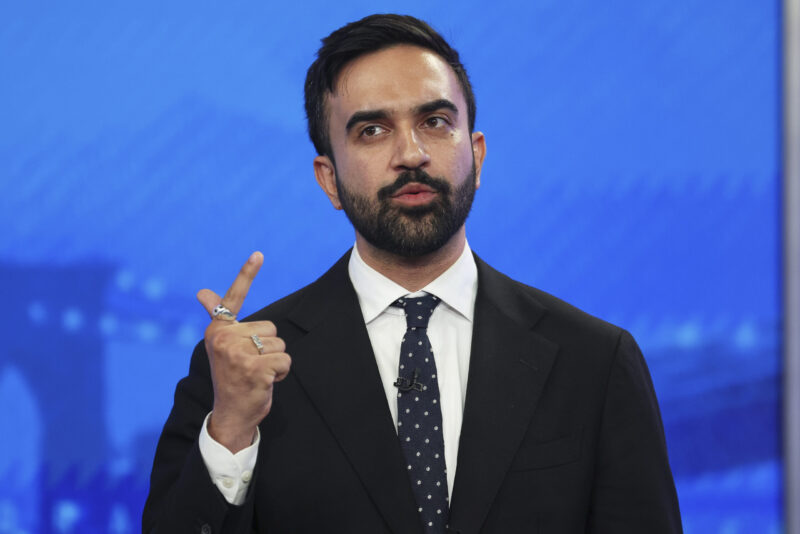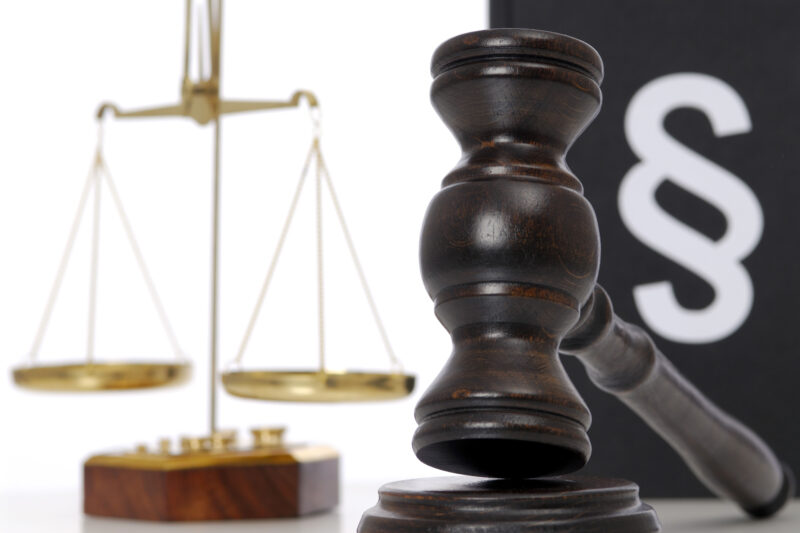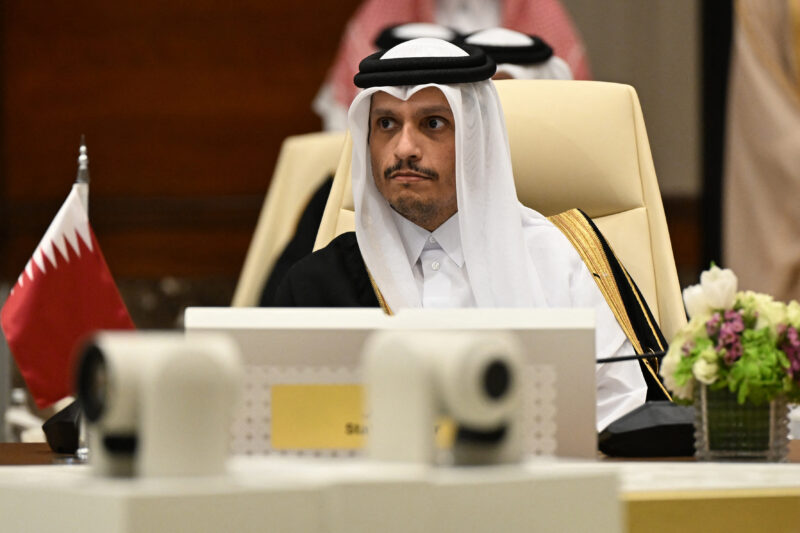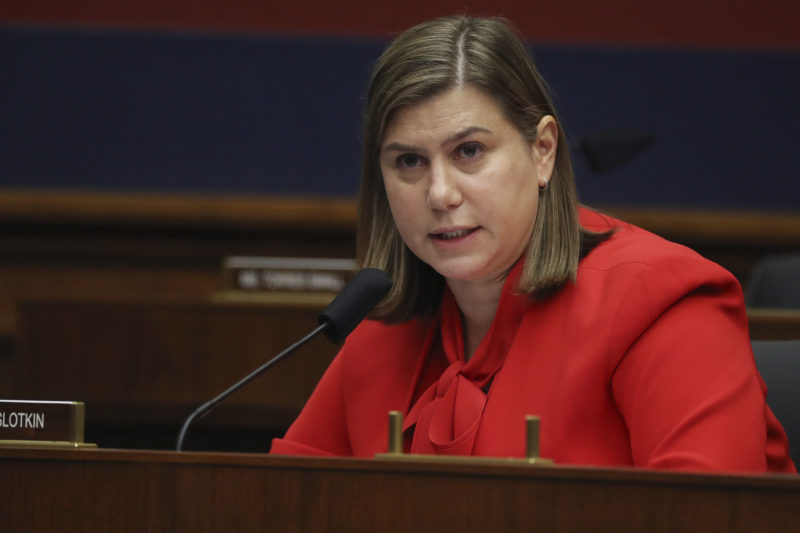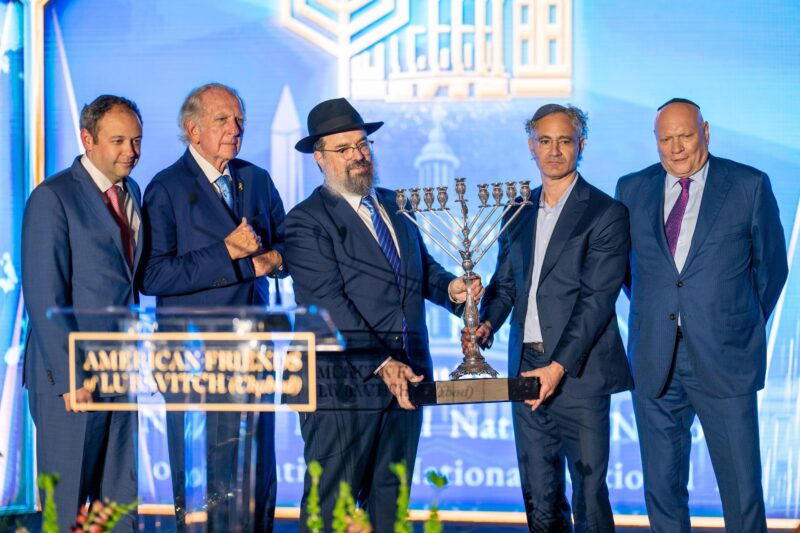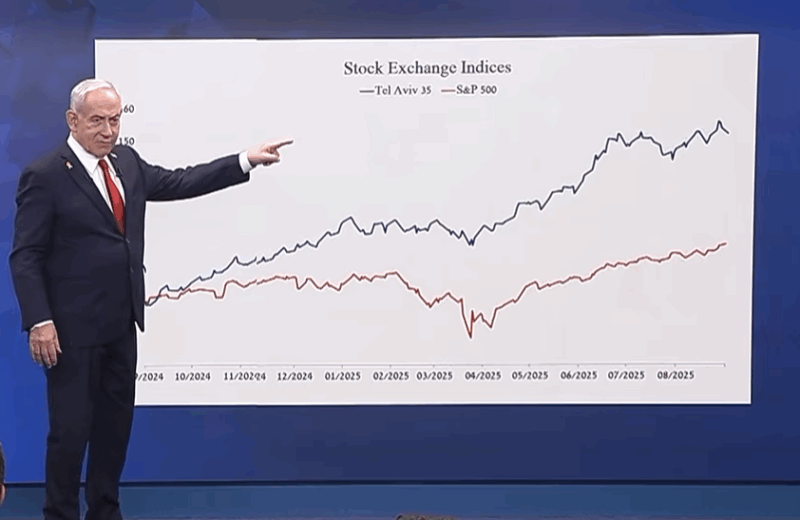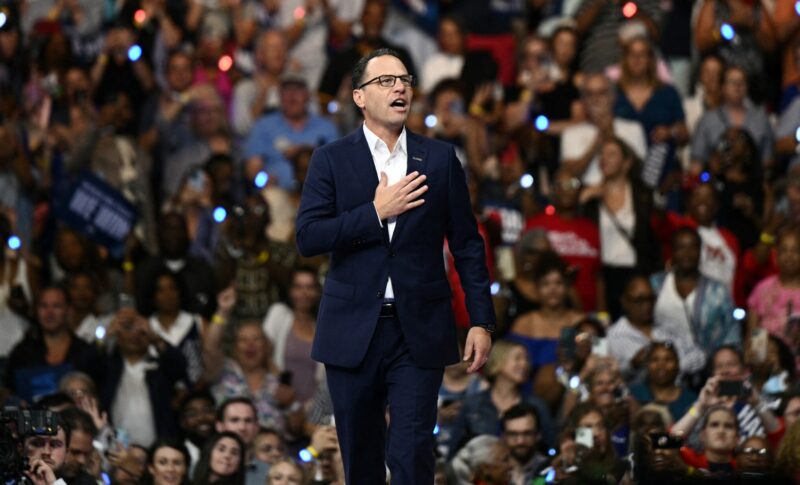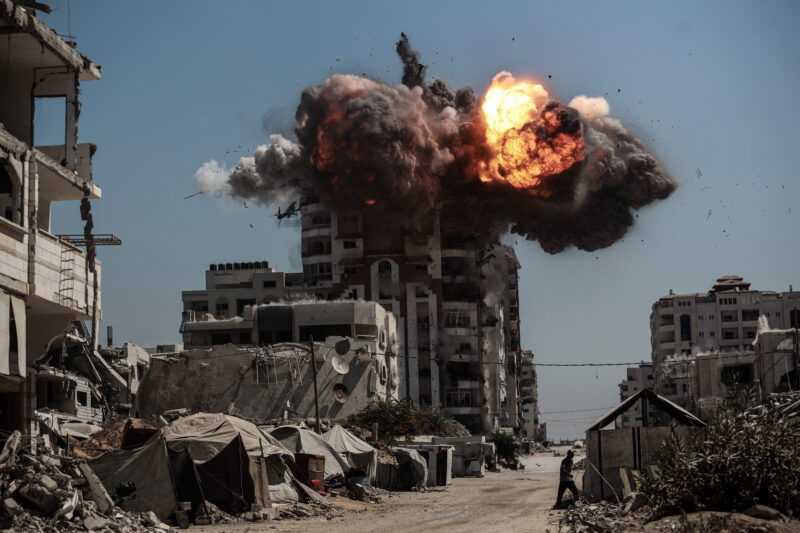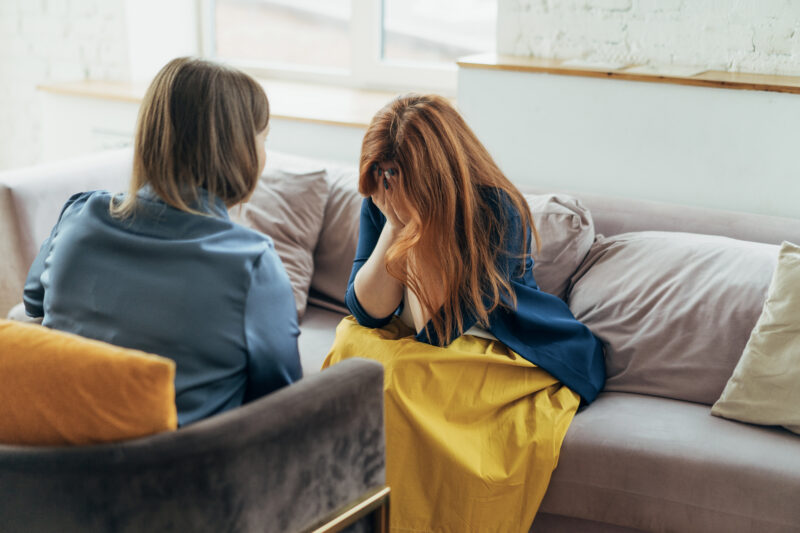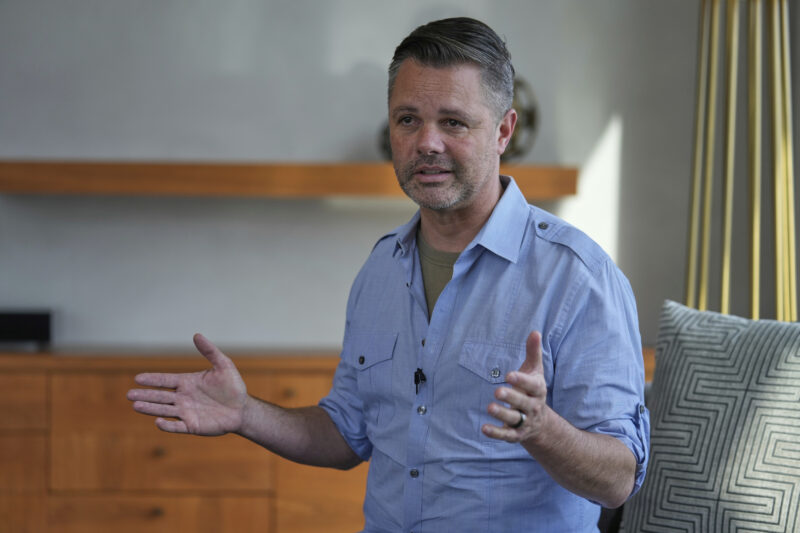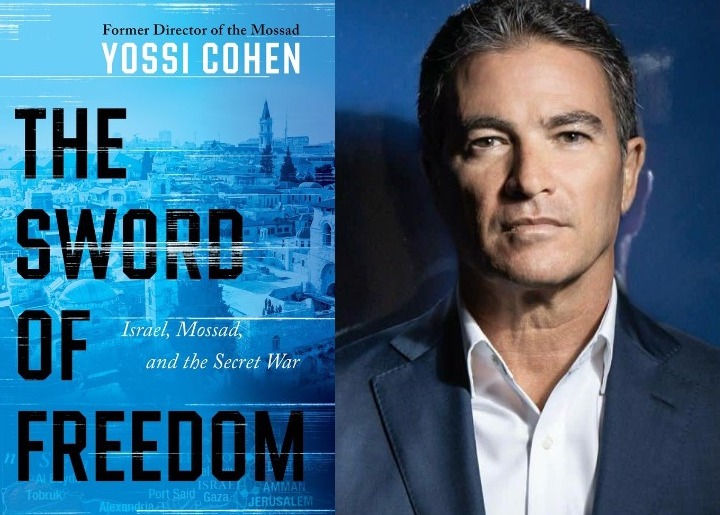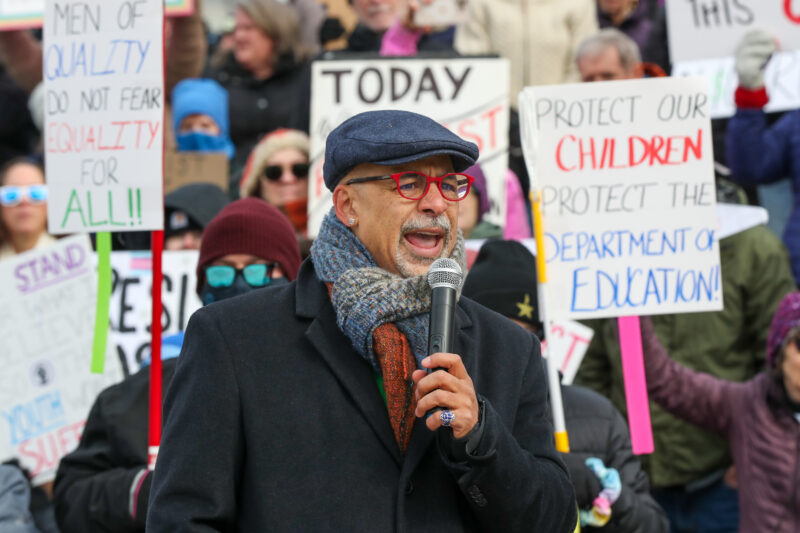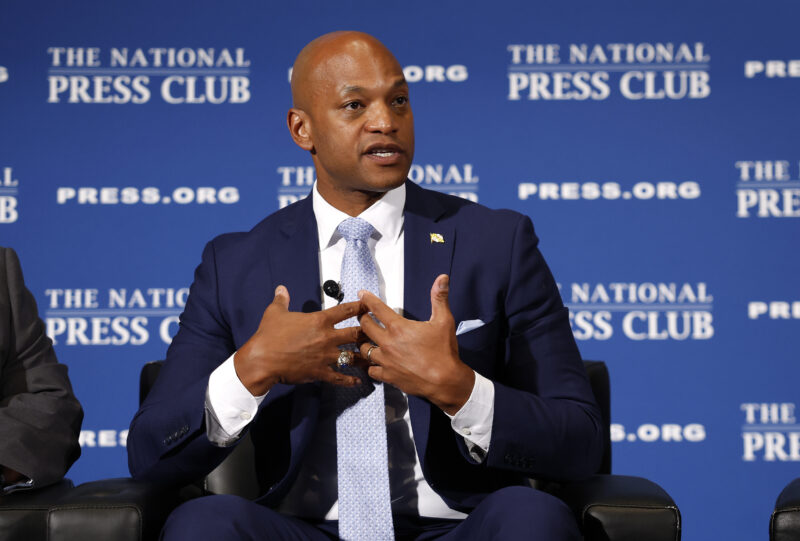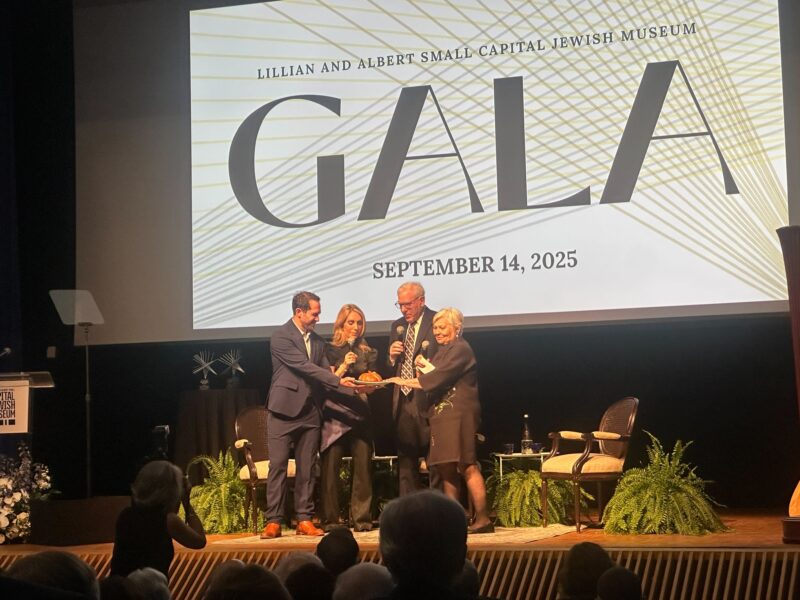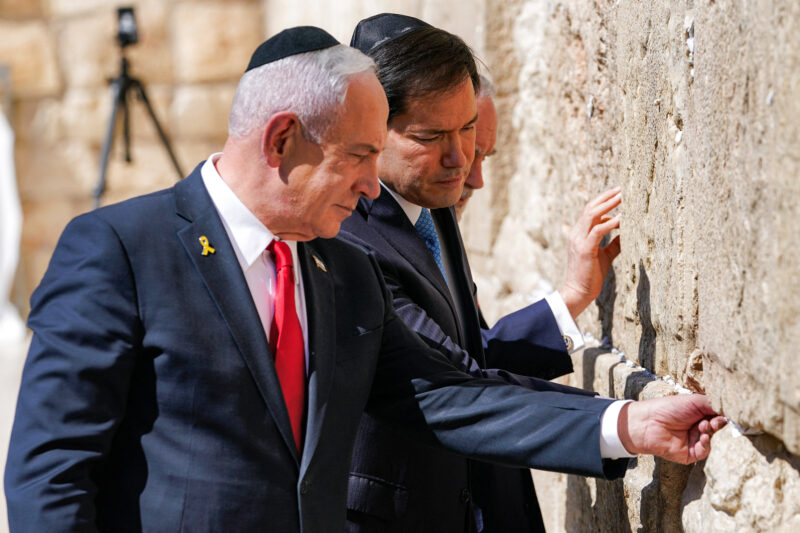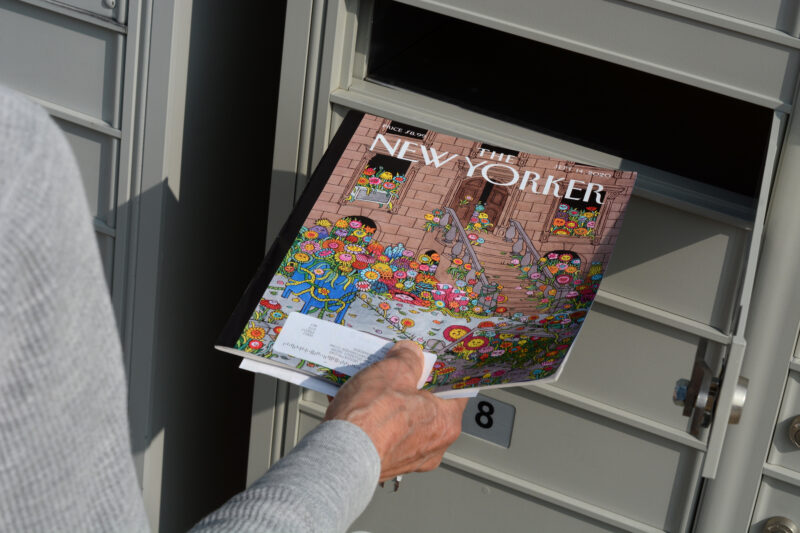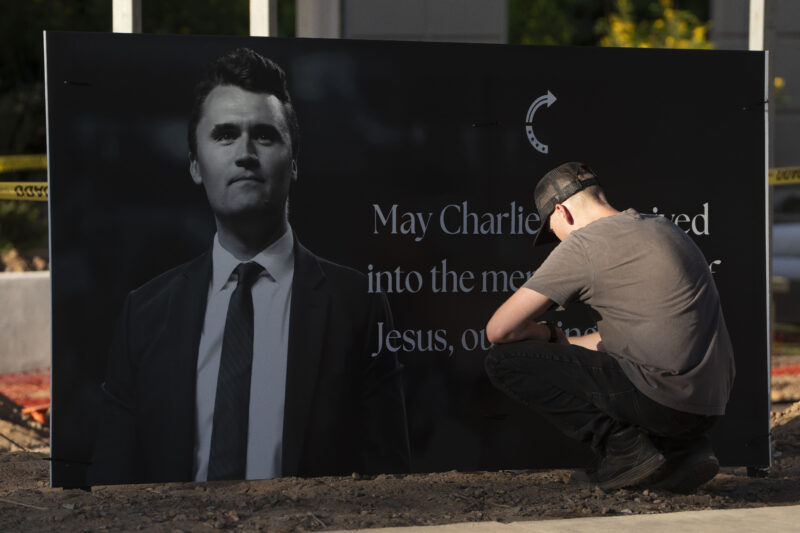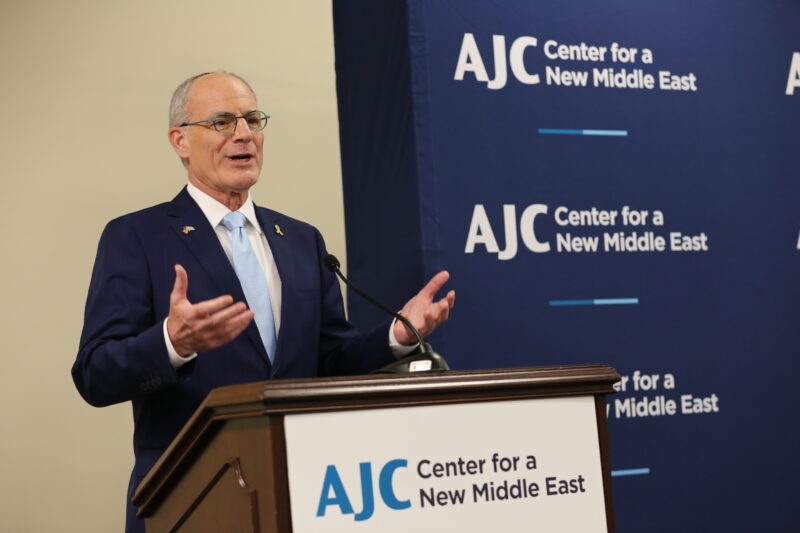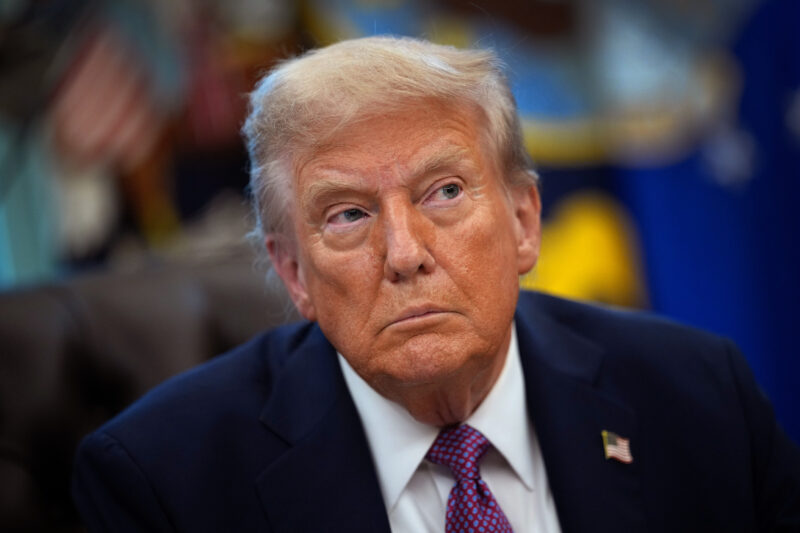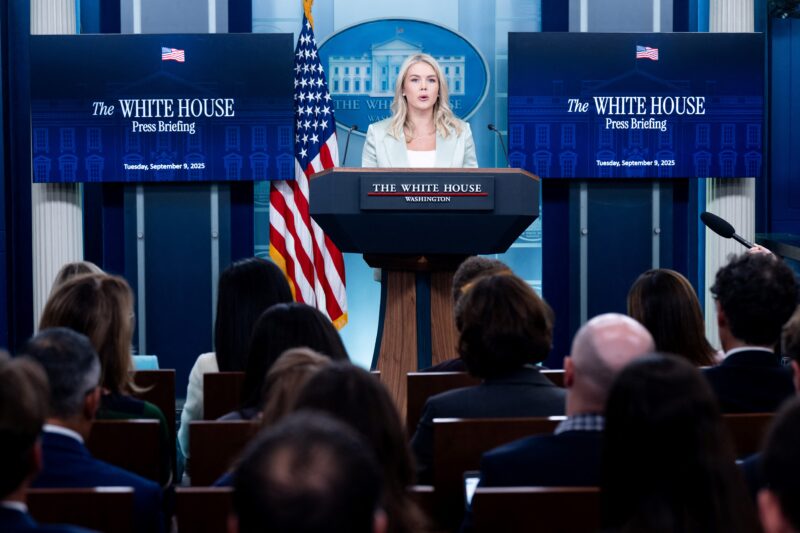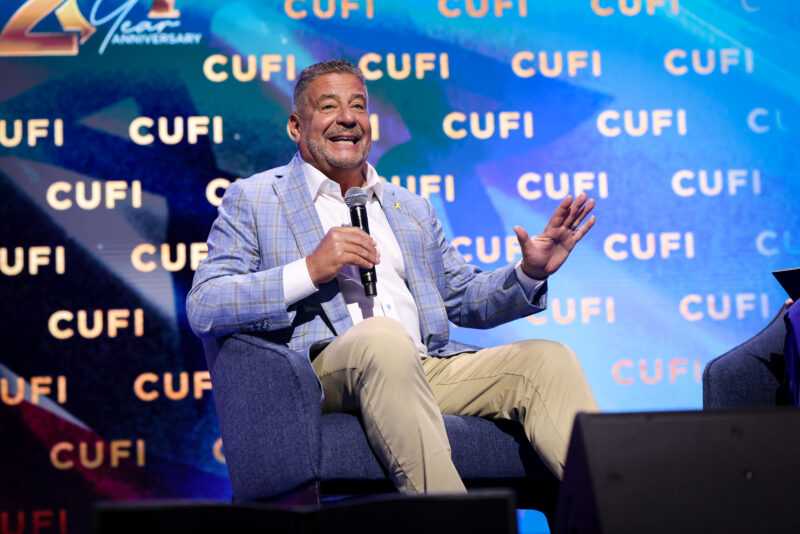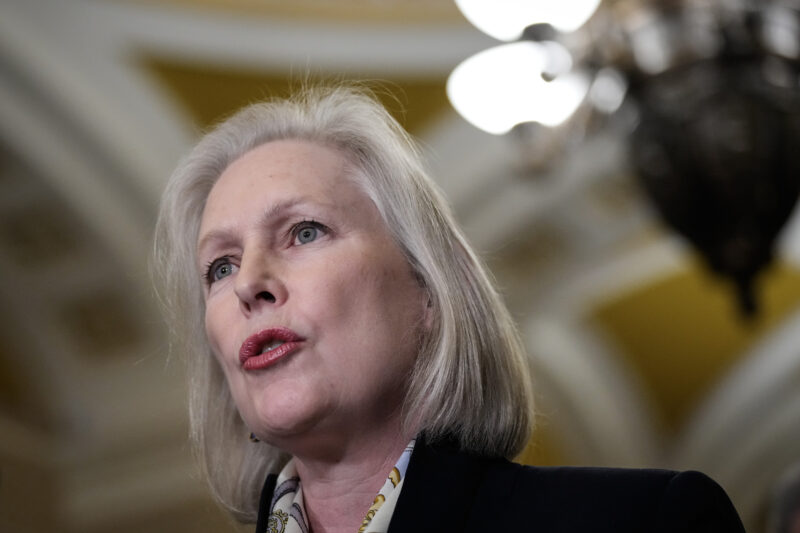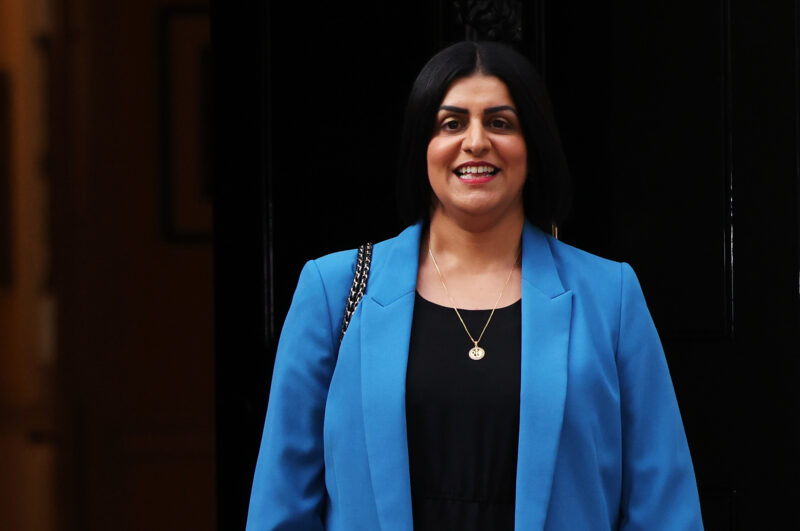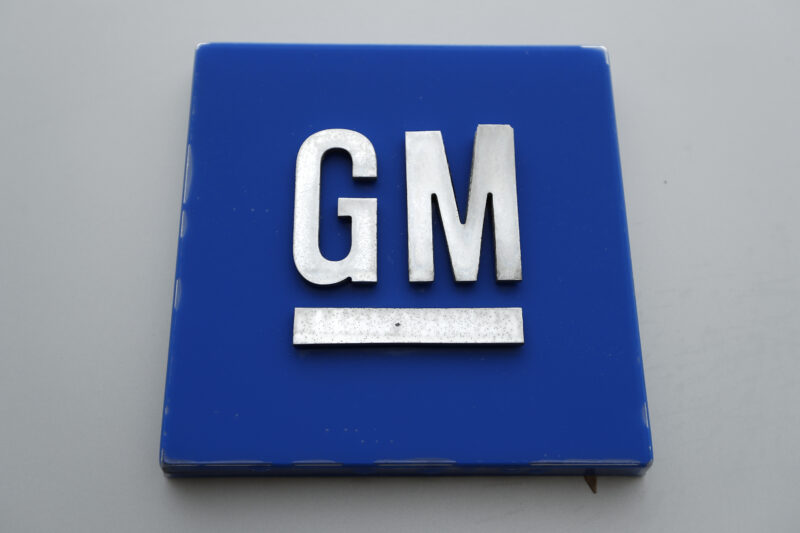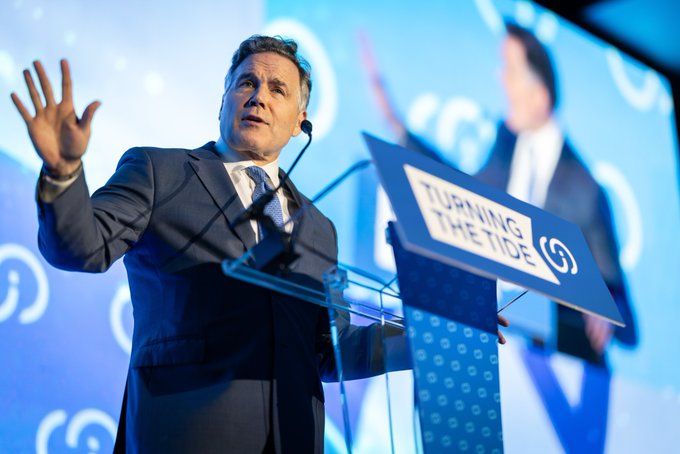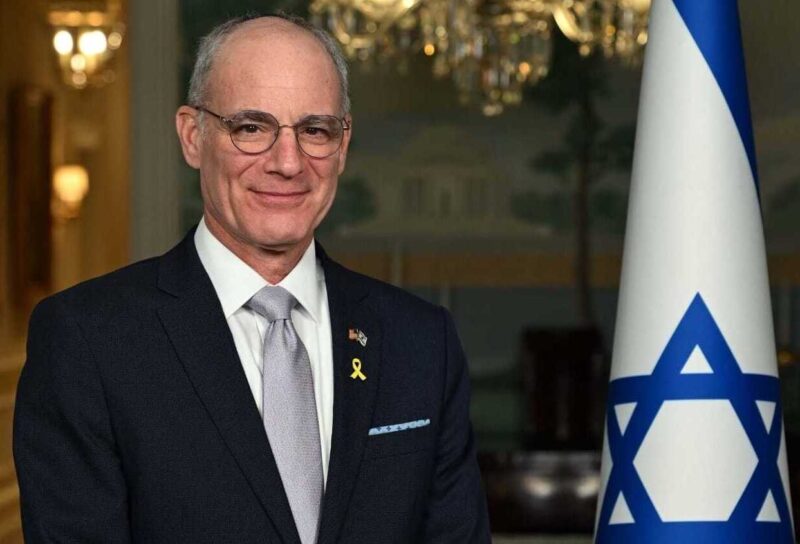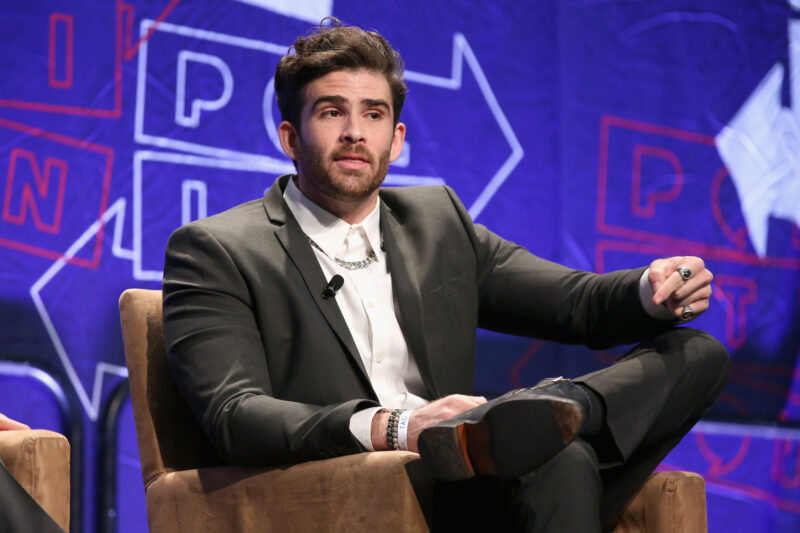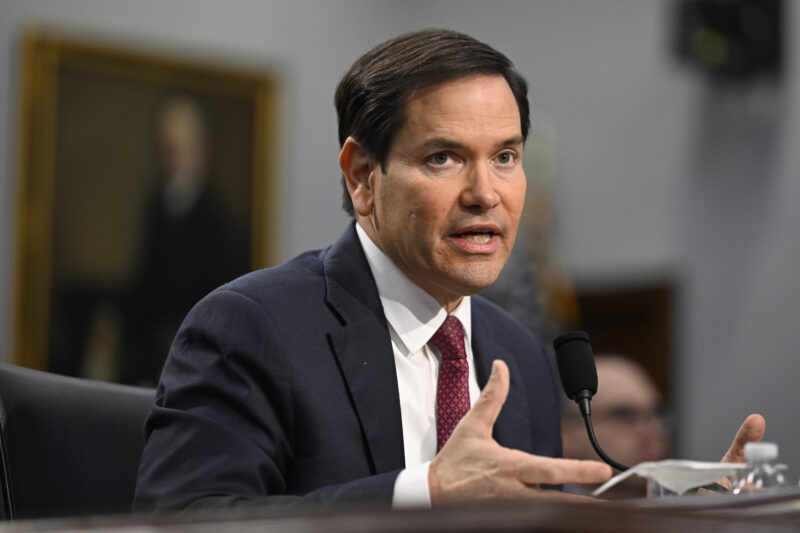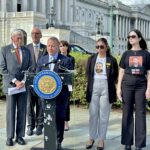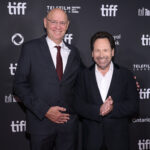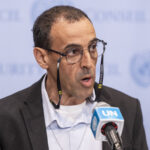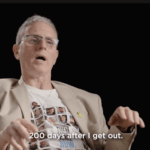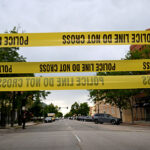Newsom launches Governor’s Council on Holocaust and Genocide Education
The council’s creation comes months after the state allocated more than $13 million to institutions to educate about the Holocaust

Courtesy
Gov. Gavin Newsom at the Museum of Tolerance in Los Angeles
California Gov. Gavin Newsom announced the launch of the Governor’s Council on Holocaust and Genocide Education on Wednesday in Los Angeles, citing “xenophobia, the antisemitism on the rise, the hate [and] the bigotry” as the impetus for its “long overdue” creation.
“The purpose of this council on the Holocaust and genocide [is] more broadly around education, more sustainable investments, more peer-to-peer, more professional development, more of a systemic investment that will transcend jurisdictions and boundaries — that is where we need to do more,” Newsom told Jewish Insider shortly after the announcement.
The council will include state legislators, civic leaders and representatives from minority communities, Anita Friedman, a Jewish community leader and longtime friend of the governor, told JI.
As part of the state’s massive $196 billion 2021 budget, more than $13 million was allocated to Holocaust education institutions around the state, including $10 million to the Museum of Tolerance in Los Angeles, which will fund a new exhibition on antisemitism. Newsom announced the council’s launch at an event hosted by the museum on Wednesday morning.
“The fundamental fear of the Holocaust is pretty pronounced when you look at the number of young people that don’t know, never heard of Auschwitz, don’t know what the Holocaust is, don’t sometimes believe it,” Newsom told JI. “I mean, they’re getting their history from Instagram. This is ominous. And so we have to make up for that.”
“In a post-COVID world, where politics is so dominant [on] social media, I really worry about our capacity to live together and advance together across our differences,” the governor added. “These investments come out of necessity, but they are, while significant, they’re inadequate to the task. And I want folks to know that I’m mindful of that and we have a whole list of work to do. Today was a reminder of that.”
Rabbi Meyer May, the executive director of the Simon Wiesenthal Center, which oversees the Museum of Tolerance, said the council would be a “major game-changer for California.”
“I don’t see this as one of those cases where it becomes polarized. It shouldn’t become polarized,” he said, “If you’re in Poland, that becomes polarized, because Poland has trouble with its Holocaust memory, as do some of the Eastern European countries. But here, we don’t have that. We’re all rowing in the same direction.”
The governor’s announcement comes amid rising concerns in the state, which mandated Holocaust education in 1985, over the inclusion of anti-Israel lessons in educational materials, as well as efforts by local teachers’ unions to adopt anti-Israel measures. Last month, an American Federation of Teachers union representing San Diego community college educators passed a resolution condemning Israel. Weeks later, an effort by United Teachers Los Angeles to pass a resolution supporting the Boycott, Divestment and Sanctions movement against Israel was tabled indefinitely after an uproar from the local Jewish community.
Newsom recalled his time on San Francisco’s Board of Supervisors, when he encountered anti-Israel sentiment in the city.
“I remember at [San Francisco] State [University] being at a number of rallies, and [there being] just sort of a rank anti-Israel sentiment that was coming out, the antisemitism that was bleeding over, only to be formalized [into] the BDS movement,” he recalled. “We could disagree with our own country and its leadership. But that doesn’t mean you’re against our fundamental right to exist. We’ve got work to do. I am worried about what’s going on all across this country.”
Newsom has until Oct. 10 to sign a bill passed through the state legislature earlier this year that would mandate that students in California high schools take an ethnic studies class before graduating. The approval of a statewide ethnic studies program garnered national attention amid a debate over controversial elements of proposed curricula, earlier versions of which did not include mentions of antisemitism but did include a reference to the BDS movement as a global social movement. The State Board of Education adopted a final version earlier this year — with two lesson plans on antisemitism and no references to the BDS movement — that will be available to educators throughout the state.
The bill currently on Newsom’s desk, AB101, does not require that educators use the state-approved curriculum; the legislation does introduce guardrails to keep antisemitic content out of the classroom. Friedman said the Jewish community’s mobilization efforts against the early drafts of the curriculum served as preparation for what’s to come.
“The Jewish community has now established the capacity to be a watchdog to monitor what’s happening in every school district in the state of California,” she said. “And if we see a problem developing with a school district moving to adopt a curriculum that we feel is inappropriate, antisemitic, anti-Israel — we will have the capacity to identify [it] and take action.”




